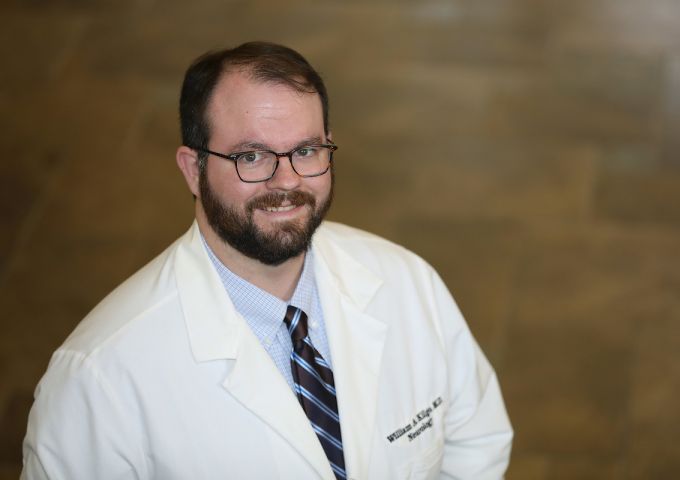
Mitchell Cancer Institute receives $10,000 grant to help patients overcome transportation barriers
The American Cancer Society community transportation grants are awarded at a local level to health systems, treatment centers and community organizations.
By Carol McPhail
[email protected]
Cancer patients undergoing treatment frequently require assistance getting to and from facilities, often creating a financial and logistical burden. The USA Health Mitchell Cancer Institute has been awarded a $10,000 grant from the American Cancer Society to address the transportation needs of cancer patients in Mobile and the surrounding areas.
“Some patients lack access to transportation or are too fatigued or sick to drive to facilities to get the treatment they need,” said Jennifer Young Pierce, M.D., M.P.H., leader of cancer control and prevention at the Mitchell Cancer Institute. “This grant can help ease this burden and improve the outlook for these patients.”
An estimated 30,830 Alabama residents will learn that they have cancer this year.
The American Cancer Society community transportation grants are awarded at a local level to health systems, treatment centers and community organizations. These grants are available in select communities through an application process and focus on addressing unmet transportation needs of cancer patients, particularly vulnerable populations experiencing an unequal burden of cancer.
“Disparities predominantly arise from inequities in work, wealth, income, education, housing and overall standard of living as well as social barriers to high-quality cancer prevention, early detection and treatment services,” said Maryhelen Kirkpatrick, Alabama executive director for the American Cancer Society. “The society collaborates with community health partners to reach individuals in areas with higher burdens of cancer and limited or no access to transportation because even the best treatment can’t work if a patient can’t get there.”




